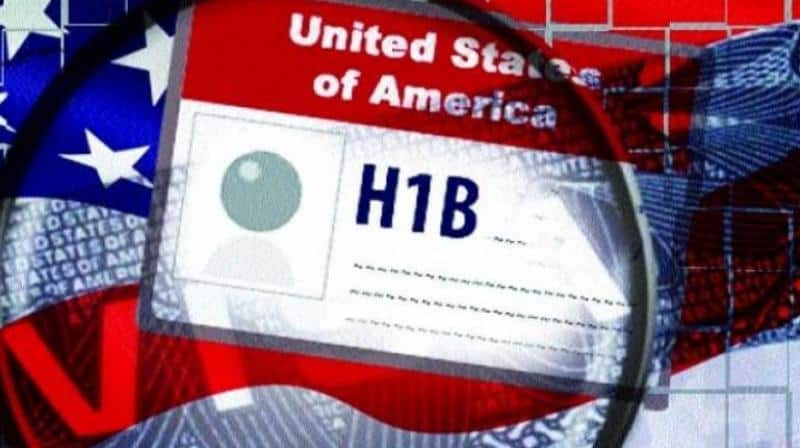The most sought-after ‘H1B Visa’ issued by the US government, is an employment-based cum non-immigrant visa that allows an individual to enter the United States to temporarily work.
This visa allows US companies to employ foreign professional workers to work for US employers. It is quite popular among Indian IT companies and professionals for a variety of reasons, of which a good package is among the few others to be named.
To obtain this visa, an employer must offer a job in the US and apply for your H1B visa petition with the US Immigration Department. This approved petition is a work permit which allows you to obtain a visa stamp and work in the U.S. for that employer.
As mandated by the Congress, the H-1B visa is set to an annual numerical limit cap of 65,000 visas (regular) each year. While an additional 20, 000 H1B visas (masters) are issued for qualified people who have obtained a Masters degree from USA. This quota is independent and additional to general 65,000 quota.
The US General Services Administration’s tougher visa move towards modified selection process of H1B visas is to improve the intake and selection process of H-1B petitions.
Until now, the agency typically processed the master’s pool first and then sent petitions that are left over to the general pool.
“Under the proposed rule, USCIS would first put all applicants in the general 65,000-visa pool. If that cap were reached, any additional US advanced degree holders would be redirected to the 20,000-visa pool,” which the administration expects could lead to a 15% increase in H-1B visa holders with US advanced degrees.
With roughly around 60% of H-1B visas typically acquired by Indians alone, the US Government’s move towards toughening the rules for H-1B visas attempts to mandate recruitment of US citizens in the companies and increase the presence of Americans in the workforce.
The US Citizenship and Immigration Services (USCIS) is the agency mandated to issue visas to immigrants.
The new visa rules would prohibit H-1B dependent employers from replacing American workers with H-1B employees. The new rules would also mandate the companies to recruit Americans first.
It will also mandate, the companies to send reports about their efforts to recruit American workers to the Department of Labor.
Explaining the apprehension surrounding the move, NPZ Law Group managing Attorney David H Nachman explained the new labour certification form would require employers to indicate whether H-1B workers will be placed at third party (client) worksites, details of the number of workers at each site and the names and addresses of their clients.
A larger percentage of people have been accusing H-1B dependent companies of replacing American workers with those from India.
The US government had proposed the ‘Buy American and Hire American’ policy in the year 2011 was later followed by India which initiated ‘Make in India’ drive.
New Visa Policy’s impact on Indian economy:
Since Indian IT companies basically recruit people with bachelor’s degrees, this new policy could reduce the number of visas that are available those without advanced degrees.
The move could lead to more permits being given to those with US master’s degrees, impacting Indian IT firms that rely on the work visa to service clients in that market.
The new policy would protect American workers but on the other hand it would put a cap on Indians from being recruited in US as well as will impact Indian IT firms that rely on the work visa to service clients in that market.
External Affairs Minister Sushma Swaraj has discussed the rising concern that could impact Indian economy in the recent bilateral meeting with the US.
While Trump’s move could grossly impact the Indian economy in the near future once the proposed bill finally makes it to the upper chamber, Canada has opened its door to Indian citizens.

